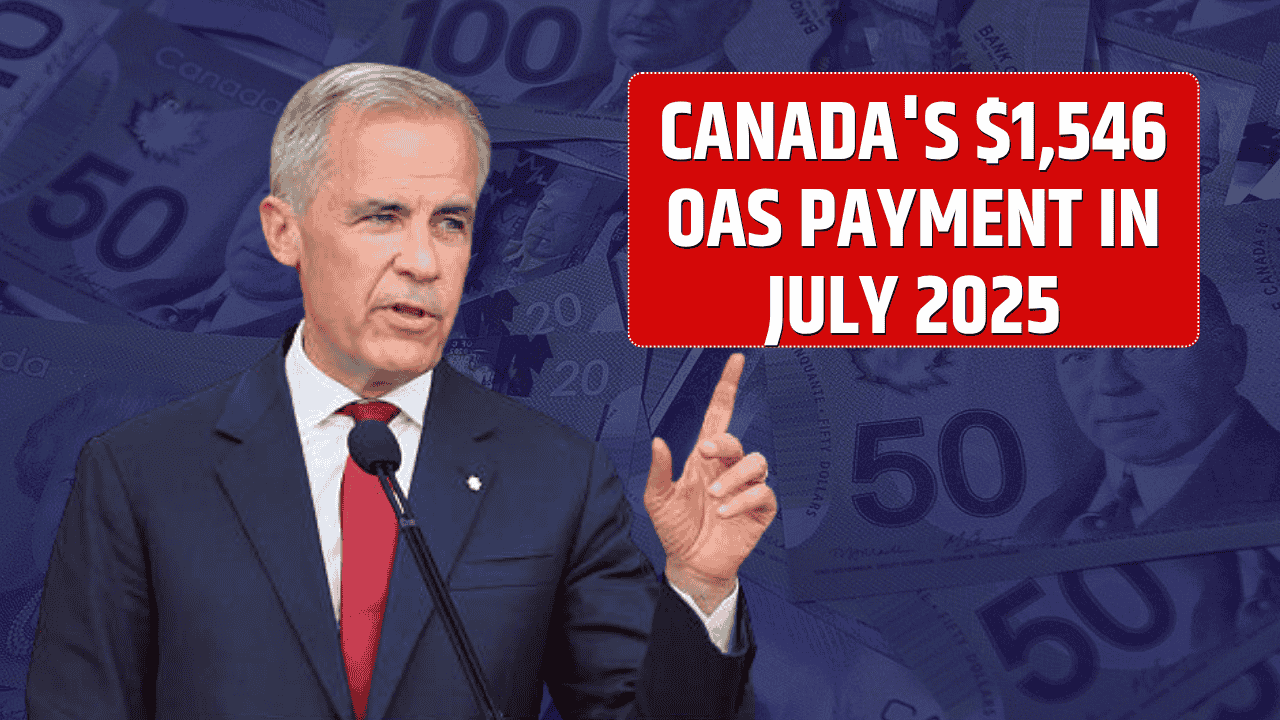The Office of Planning, Research, and Evaluation (OPRE), part of the U.S. Department of Health and Human Services (HHS), plays a critical role in shaping federal research on human services programs. Each year, OPRE outlines its research priorities and funding focus areas to guide scholars, evaluators, and research institutions.
For 2025, OPRE’s priorities are aligned with federal goals of advancing equity, improving economic mobility, strengthening program effectiveness, and building evidence for policymaking.
If you’re a researcher, nonprofit, or university planning to apply for OPRE funding in 2025, here’s what you need to know.
Table of Contents
What Is OPRE?
OPRE operates under the Administration for Children and Families (ACF) and supports research, evaluation, and data analysis across major federal programs including:
- Temporary Assistance for Needy Families (TANF)
- Child Care and Development Fund (CCDF)
- Head Start and Early Head Start
- Child Welfare Services
- Family Strengthening and Healthy Marriage/Responsible Fatherhood programs
OPRE partners with external researchers through grant awards, cooperative agreements, and contracts to generate high-quality, policy-relevant evidence.
2025 OPRE Funding Priorities
OPRE’s 2025 research agenda centers on a few key themes that reflect the Biden administration’s broader social and economic policy goals:
1. Advancing Equity and Inclusion
OPRE is prioritizing projects that examine disparities in access to and outcomes from human services programs. Research that centers marginalized groups—including communities of color, rural populations, and LGBTQ+ families—is especially encouraged.
Examples of equity-focused research:
- Barriers to child care access in rural communities
- Disparities in TANF participation among minority populations
- Culturally responsive approaches in family support programs
2. Promoting Economic Mobility
Projects that explore how federal and state programs can increase self-sufficiency and reduce intergenerational poverty are highly valued.
Examples include:
- Evaluations of workforce development interventions
- Research on transitions from public assistance to employment
- Studies on the impact of child care subsidies on family earnings
3. Strengthening Program Effectiveness
OPRE seeks evaluations of existing service models and innovative pilot programs, with a strong emphasis on methodological rigor, such as randomized controlled trials (RCTs) or robust quasi-experimental designs.
Priority areas:
- Head Start curriculum evaluations
- Cost-effectiveness of child welfare prevention services
- Impact assessments of parenting and fatherhood programs
4. Data Innovation and Evidence Capacity Building
To support long-term evidence generation, OPRE is investing in data systems, research infrastructure, and training programs that enhance the capacity of grantees and local agencies.
Key focuses:
- Integrated administrative data systems
- Data equity and responsible data governance
- Training opportunities for early-career and underrepresented researchers
Funding Mechanisms and Opportunities
OPRE typically announces funding through:
| Mechanism | Description |
|---|---|
| Grants | Awarded to universities, nonprofits, and research institutions |
| Cooperative Agreements | Involve close collaboration with OPRE during project implementation |
| Contracts | Often used for large-scale evaluations and technical support |
You can find active and upcoming funding opportunities on Grants.gov and SAM.gov.
What Researchers Should Do Now
To position yourself for OPRE funding in 2025:
Review past awards to understand successful proposals
Align your project with OPRE’s 2025 priorities
Build partnerships, especially with community-based organizations
Plan for equity in your methodology (e.g., inclusive data collection)
Sign up for ACF or OPRE newsletters for RFP alerts
Important Considerations
- Community engagement is essential. OPRE favors projects that involve stakeholders in design and implementation, particularly in underserved communities.
- Dissemination matters. Researchers should plan for how findings will reach policymakers, practitioners, and the public—not just peer-reviewed journals.
- Focus on usability. OPRE values actionable evidence that can inform decisions at the federal, state, or local level.
In 2025, OPRE continues to steer federal research toward equity, economic opportunity, and practical impact. For researchers and organizations working in human services, aligning your proposals with OPRE’s priorities will not only strengthen your funding prospects—it will also ensure your work contributes meaningfully to programs that support millions of American families.
FAQs
What types of research does OPRE fund?
OPRE funds evaluations, descriptive studies, implementation research, and methodological innovations related to human services.
Who can apply for OPRE funding?
Universities, think tanks, nonprofits, and in some cases, local governments or tribal organizations.
When will 2025 RFPs be released?
OPRE releases funding announcements throughout the year, but most major opportunities are posted between spring and fall.

























